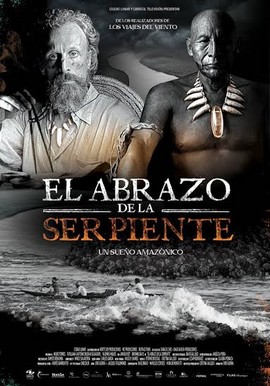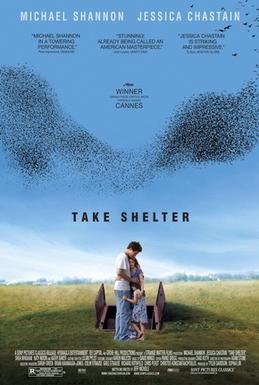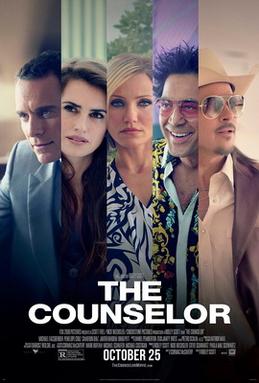24. The Handmaiden (2016, dir. Park Chan-wook)

This tranplanted Victorian tale has all of the hallmarks of a classic novel - a parade of character intrigue, psychological complexity, multiple timelines - set along the volatile pre-war East Asian ethnic tensions. Handsome production, strong performances and a genuinely erotic aesthetic (as oppossed to merely titillating) add to form a romance that marries the modern and the classical senses of the term.

This tranplanted Victorian tale has all of the hallmarks of a classic novel - a parade of character intrigue, psychological complexity, multiple timelines - set along the volatile pre-war East Asian ethnic tensions. Handsome production, strong performances and a genuinely erotic aesthetic (as oppossed to merely titillating) add to form a romance that marries the modern and the classical senses of the term.














 Check out my podcast:
Check out my podcast: